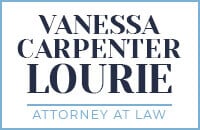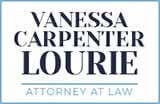A restrictive covenant is a type of agreement in a contract that restricts a land owner’s use of the property or imposes obligations on the owner of the properties. Homeowner’s associations (HOA) often utilize this type of agreement in the documents that form the association– Covenants, Conditions and Restrictions.
The restrictions set forth by an HOA are never absolute and a court may terminate the covenant in certain circumstances.
1. Abandonment
Generally, to prove abandonment, the individual asserting the defense must show that a reasonable person would believe the covenant ceased to exist due to frequent and extensive violations. A court needs to determine that because the violations are so widespread and actions enforcing the covenant do not exist, the covenant is effectively abandoned.
2. Adverse possession
Sometimes, if a property owner trespasses on a common area by a few feet, an HOA may lose the right of title to this strip of land. For an adverse possession claim, the property owner must openly maintain physical possession of this common area and exclude others in the community from using it. In many jurisdictions, this has to happen for 15 years. If by that time the HOA does nothing, the trespassing property owner can take legal title to the land.
3. Waiver
A homeowner’s association may “waive” its rights by not enforcing the covenants in the present. By tolerating or accepting certain violations of the covenant, the HOA may indicate that it does not intend to enforce that covenant. The association only waives its right to enforce the covenant for similar violations it ignored in the past.
In order to avoid the four legal defenses described above, community associations need to enforce (through proper procedures) the covenants they have enacted and guard their legal rights.

